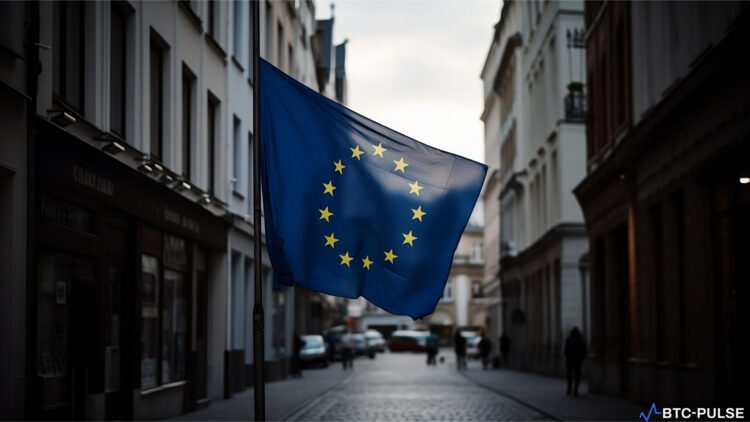Council of the EU Takes a Decisive Step
The Council of the European Union has made a monumental move by formally adopting the eighth iteration of the Directive on Administrative Cooperation (DAC8), a crucial cryptocurrency tax reporting rule, on October 17.
The Unveiling of DAC8
DAC8 comes as a successor following the enactment of the Markets in Crypto-Assets (MiCA) legislation, sanctioned in May 2023. It signifies the eighth edition in this legislative series, each focusing on unique facets of financial regulation and oversight.
A Glimpse into the Functionality of DAC8
Designed to empower tax collectors with extensive jurisdiction, DAC8 facilitates the monitoring and evaluation of cryptocurrency transactions carried out by individuals or entities across member states of the European Union.
Aligning with Prevalent Regulations
In its operational state, DAC8 aligns seamlessly with the Crypto-Asset Reporting Framework (CARF) and stipulations delineated in MiCA. This alignment ensures a comprehensive encompassment of cryptocurrency asset transactions within the realms of the European Union.
A Resonating Approval
September saw DAC8 garner robust support in the European Parliament, securing 535 affirmative votes against a mere 57, indicating a strong consensus towards its adoption and implementation.
Looking Across the Atlantic
In a parallel development, regulators in the United States are aggressively pursuing the advancement of crypto tax collection mechanisms. A pronounced emphasis has been placed on expediting the imposition of relevant tax reporting prerequisites specifically tailored for crypto brokers.
Conclusion: A Pioneering Leap Forward in Crypto Regulation
The formal adoption of DAC8 by the Council of the European Union marks a landmark achievement in the evolving landscape of cryptocurrency regulation. By fostering a unified framework that aligns with existing standards such as MiCA and CARF, DAC8 paves the way for enhanced transparency, scrutiny, and accountability within the realm of crypto-asset transactions across EU member states.
Moreover, this development signifies a crucial step towards standardizing and streamlining cryptocurrency tax reporting procedures, ensuring that the domain operates with increased regulatory clarity and precision. As global efforts, like those in the United States, continue to echo the necessity of advancing crypto tax regulations, the EU’s decisive action with DAC8 exemplifies a pioneering spirit, setting a robust precedent for comprehensive and effective cryptocurrency oversight on a global scale.










